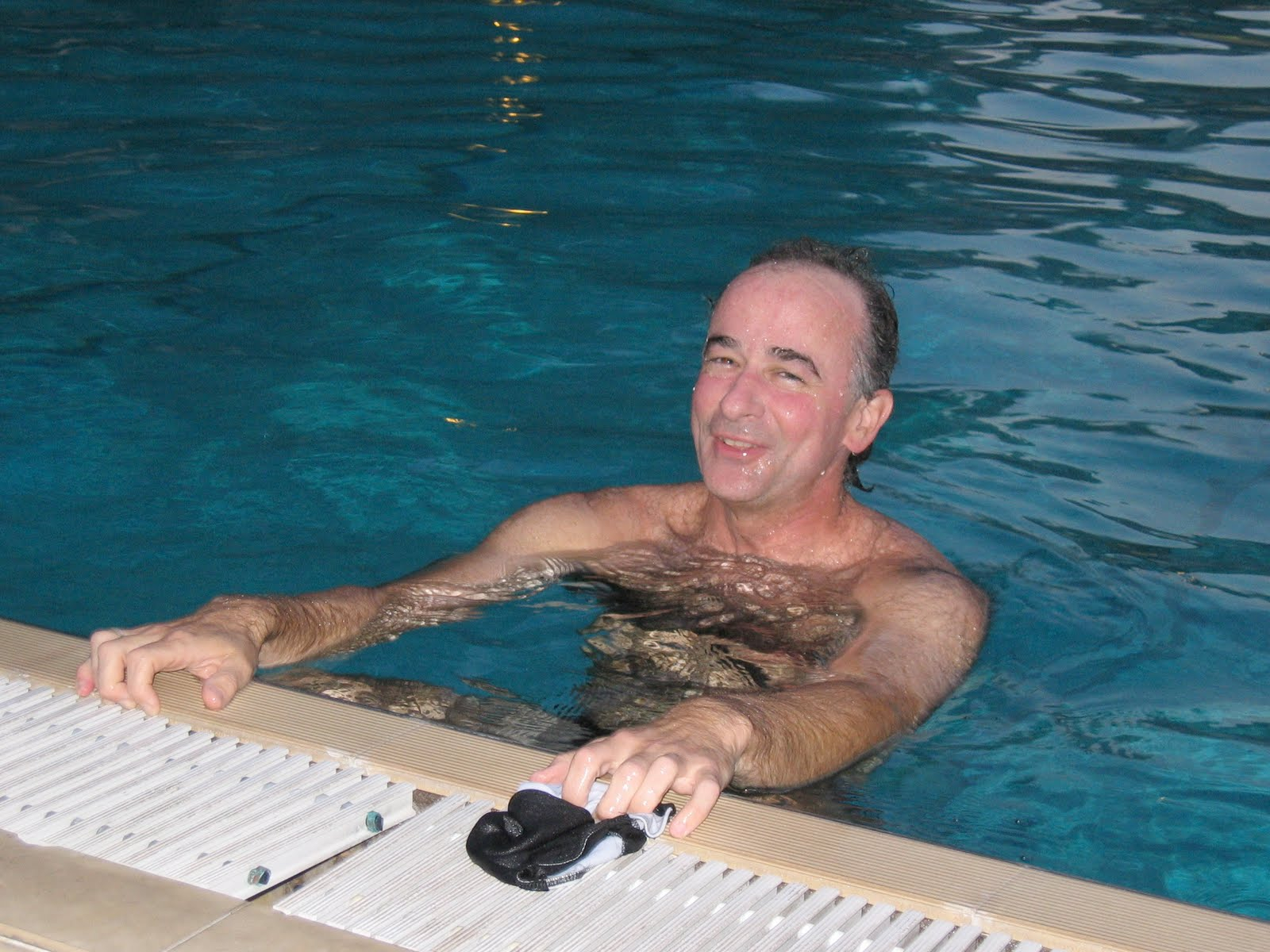Rob Last - BMB Community Profile

Position: Professor of Biochemistry and Molecular Biology and Professor of Plant Biology
Why did you become a biologist?
I became fascinated by organismal biology and evolutionary biology as an undergraduate student. While I majored in chemistry, ornithology was my favorite course: the fact that you could tell that you were near a wetland from the call of a red wing blackbird still amazes.
What is your favorite part about your job?
Collaboration with people in our group and smart people around the world, on research and outreach projects. Complementarity of training and interests leads us to ask questions that I alone would be unable to approach (or even think about).
How have you overcome obstacles to get where you are?
I think that I did not overcome obstacles: rather family, friends and colleagues prevented obstacles from blocking my way, or created alternate routes around these large boulders.
What opportunities or positive experiences helped you get to where you are?
Service writ broadly. In the ‘80s a mentor explained that because the world is full of amazing people, I should expect to get much of my professional stimulation and reward by interacting outside of my immediate environment. She was right: these days I get great positive experiences volunteering for leadership and fundraising at the American Society of Plant Biologists, an international organization of 3000 members.
What advice do you have for aspiring biologists?
Communication is critical for success in life generally and will help you succeed whether you are in academia, industry or government. Learn how to communicate with people from many different backgrounds (socioeconomic, cultural, career); practice writing; take opportunities to give formal and informal talks and practice before you give presentations.
How do you feel that your identities contribute a unique perspective to STEM fields?
I have learned through experience that diversity in age, experience, socioeconomics and culture makes everything better. Anytime I look around and folks do not all look like me, I am happy and find that such groups produce better science, education and outreach. Conversely, homogeneity creates resistance to change for the better.
What are you and/or BMB doing to support underrepresented/marginalized people in STEM?
In my three years of leadership at the American Society of Plant Biologists we have focused on expanding inclusion of younger people, gender and sexuality ‘nonconforming’ community members, and communities of color. 15 years ago I established a National Science Foundation funded summer undergraduate research experience program at MSU, and collaboratively we have trained dozens of college students from underrepresented groups.
Basic positionality statement:
I am a cis straight white male of European origin.